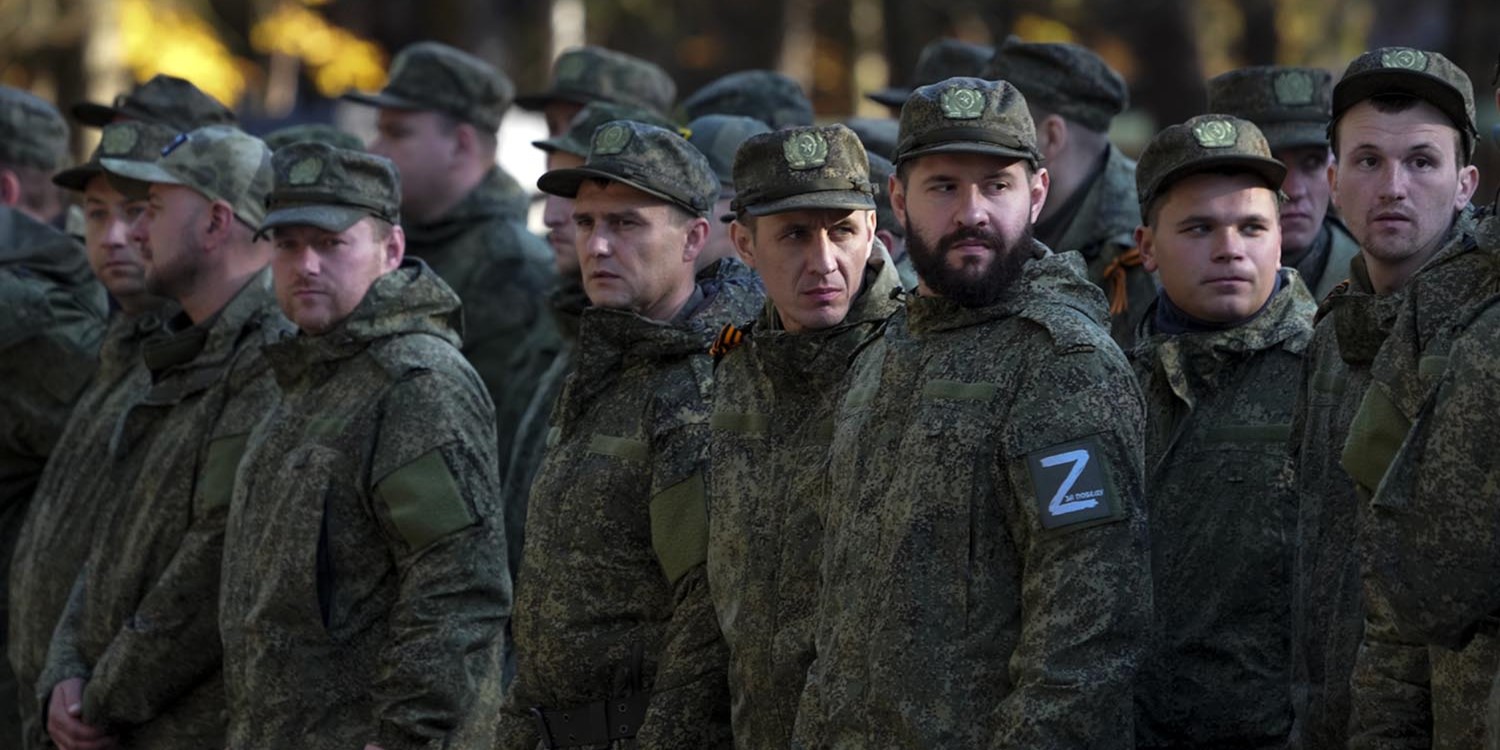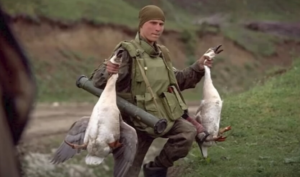Participation in the Special Military Operation (SMO) – A Way to Avoid Punishment for Corruption

The Supreme Court of the Russian Federation is concerned about replenishing losses in the Russian army. Previously, only convicted individuals were sent there, recruited from prison colonies by various groups, ranging from the Wagner PMC to smaller private military companies. Later, the Ministry of Defense saw potential in this and Russian officers began recruitment.
Now, the Supreme Court has proposed exempting defendants who have signed a contract to serve in the SMO from criminal liability.
Amendments to Article 78.1 of the Criminal Code of the Russian Federation (which provides for exemption from liability for those called to service after being awarded state honors or dismissed) are being discussed by the Plenary of the Supreme Court.
Currently, these norms apply to those whose cases are at the preliminary investigation stage (before the case is transferred to court and the hearings begin) — it is now proposed to extend these norms to those whose cases are already being considered in court.
Now any defendant can say – that’s it, I am going to the SMO – and face no punishment. This will primarily benefit corruptionists. They will now carry the proud title of “heroes of the SMO” and no law enforcement agency will be able to prosecute them.
Those caught in corruption are obviously people with connections and certain influence. If anyone thinks that officials accused of corruption won’t be able to arrange to become “heroes of the SMO” but only in rear units, they are mistaken. Naturally, none of them will participate in front-line combat. This is excluded. They will all occupy calm positions and may even organize some local-scale corruption schemes.
Moreover, they will now avoid any confiscation of property. After all, they are “heroes of the SMO.”
It’s important to understand why such initiatives are emerging in the Supreme Court of the Russian Federation. The idea of replenishing troop losses using large payments has run its course. There are fewer and fewer volunteers to sign contracts even with increased payments. New human resources need to be found, and it seems they’ve found them. Corruptionists have found a loophole to avoid punishment with minimal risk.






